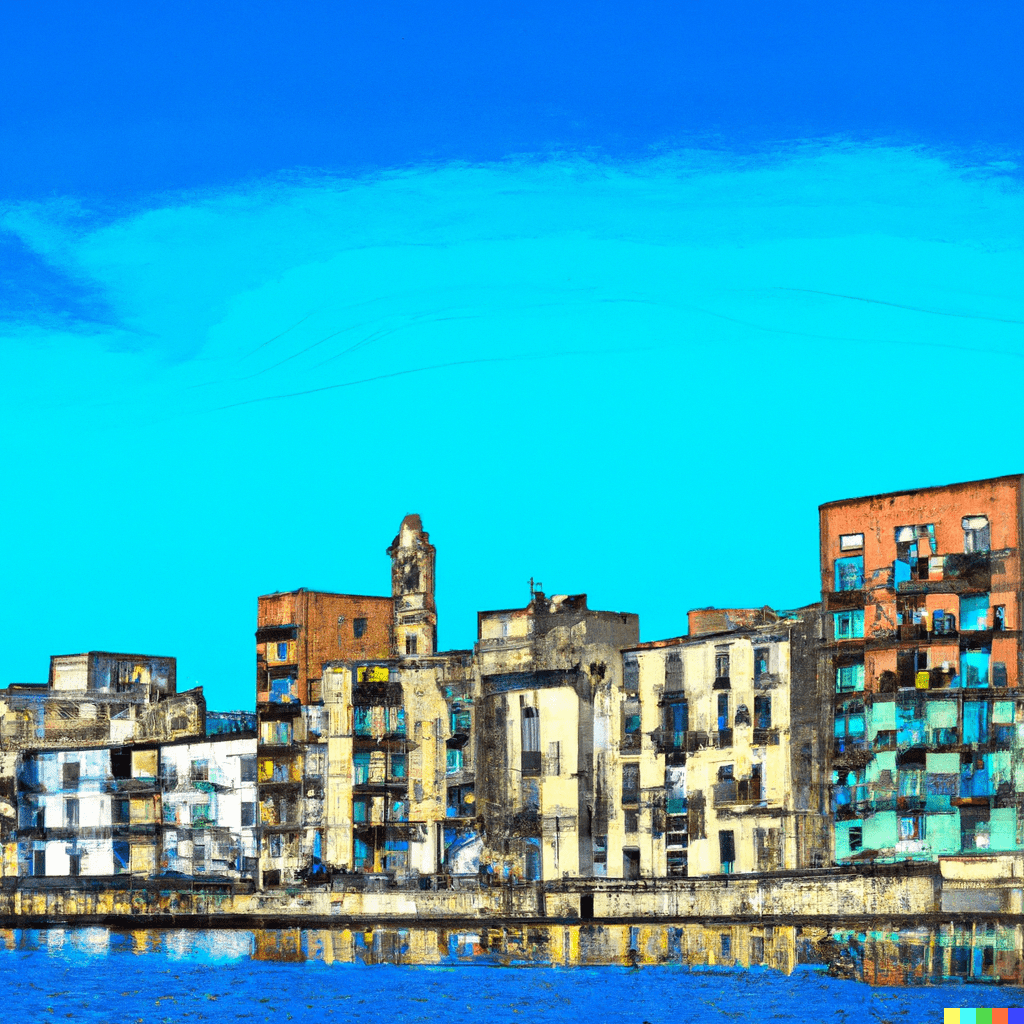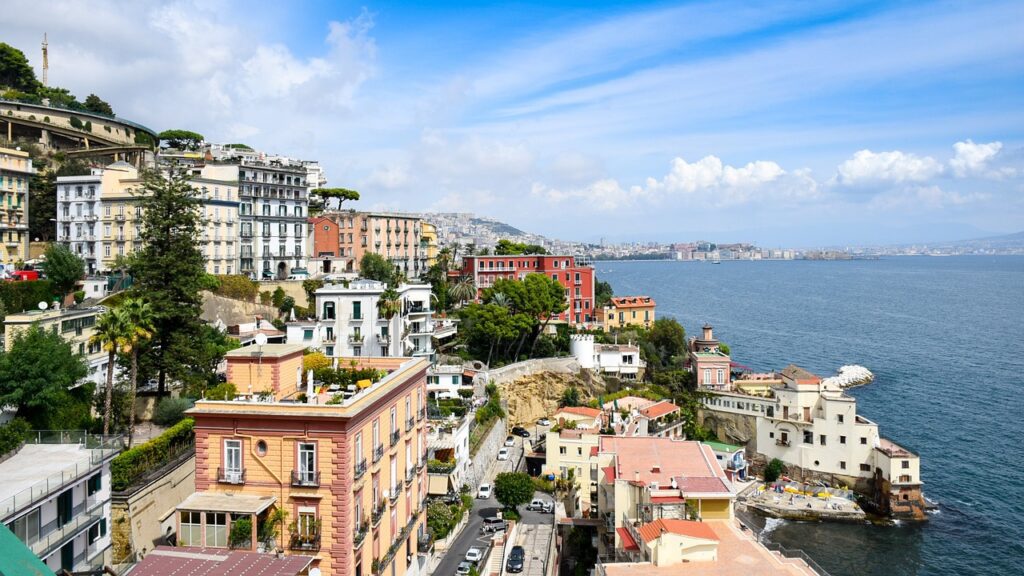This post was written by Evelyn Pearce, who is a freelance writer from Devon in the U.K.
When compared with the likes of Rome, Florence and Venice, Crotone is one of Italy’s lesser-known cities. However, the picturesque seaside comune is stooped with a rich history and culture. Founded in Ancient Greek times at around 710 BC by a leader called Myscellus, it quickly became one of the most affluent and populous cities of the Magna Graecia region, and was well known for the physical strength of its men and simple but hard-working way of life. Croton, as it was then known, went on to produce many famous Olympians through the centuries, such as Milo of Croton, which further affirmed the city’s reputation as a strong and powerful force.
Crotone’s Strong architecture
Crotone is full of historic architecture and handsome castles. The most popular tourist sight is the cathedral. First built as far back as the 9th Century, the imposing building has been rebuilt several times yet still retains much of its original charm. Its Baroque interior and its neo-classical external architecture make it an iconic and popular subject for a photo.
Tourists should also visit Le Castella, which is unusually built on a tiny island accessible only by foot via a small strip of rocky pathway. The bulky rustic architecture sits boldly against the backdrop of crystal clear sea and azure blue sky.
Many people choose to stay in the Pescharia District, which is the city’s historic centre. Here you will find many narrow, cobbled streets that provide an insight into Crotone lifestyle and people. Among these winding alleyways, you will find an abundance of restaurants, gift shops and pretty boutique hotels, all bearing the classic traits of Crotone architecture.
A tribute to Crotone’s ancient roots can be found in the National Archaeological Museum and the Collano Archaeological Park. The former is home to many important archaeological finds from the ancient Magno-Greek civilization. Equally important to Crotone’s history, the latter contains the remains of a significant ancient temple.
Local nightlife
Crotone has a real local vibe. The city shuns the typical cosmopolitan glamour of many of Italy’s other seaside cruise ports. Many restaurants serve local fish in cosy surroundings, and pride themselves on providing authentic southern Italian cuisine. Crotone, which is famous for jazz musicians such as Sergio Kammariere, houses plenty of live music venues and hosts the annual Kroton Jazz Festival in early September.
Seafront attractions
Crotone is a popular stop-off point for Mediterranean cruise ships; many operators make the city a must-see destination in their itineraries. Italy is a fantastic country to cruise around, thanks to its abundance of world-famous seaside cities and beautiful natural coastline. However, many people that are new to Italy don’t know a lot about Crotone and many cruise operators see the city as that item of intrigue to add to their itineraries. The ancient city’s authenticity and unspoilt natural surroundings make it a perfect example of Italian culture. Furthermore, the sea off the coast of Crotone is a great place to spot schools of dolphins. In land, the sight of the huge ships docking in at the small port makes for quite a dramatic sight. In fact, Crotone is the only Calabrian port that sits on the Ionic coast. The marina forms one of the focal points of the town; it’s fresh and modern promenades provide a stark contrast to the historic centre. Yet, just a few hundred feet along the coastline sit Crotone’s striking cliff houses – historic buildings that have literally been built into the sandy cliff faces, appearing dramatically to almost hang off the edges.
Golden beaches and rugged cliffs
Crotone is popular with both national and international travellers, thanks to its seemingly endless golden beaches and dramatically rugged cliff fronts. A few kilometers from Crotone, you can find the popular bathing resort of Ciro Marina. Many passengers disembark to experience the wonders of Crotone; the delights of the port’s many small headlands and bays provide a serene break on dry land. One of the most appealing things about Crotone is that it is enveloped by wide white sandy beaches so, whether you want to stay close to the centre or escape to somewhere quieter, there will always be several beaches to choose from.




